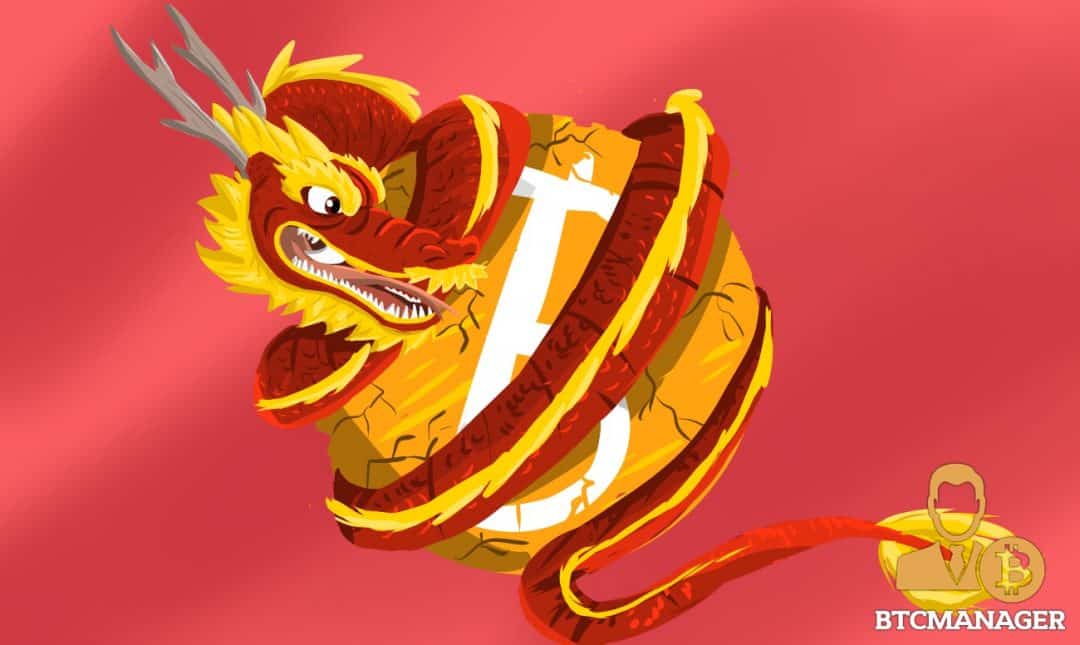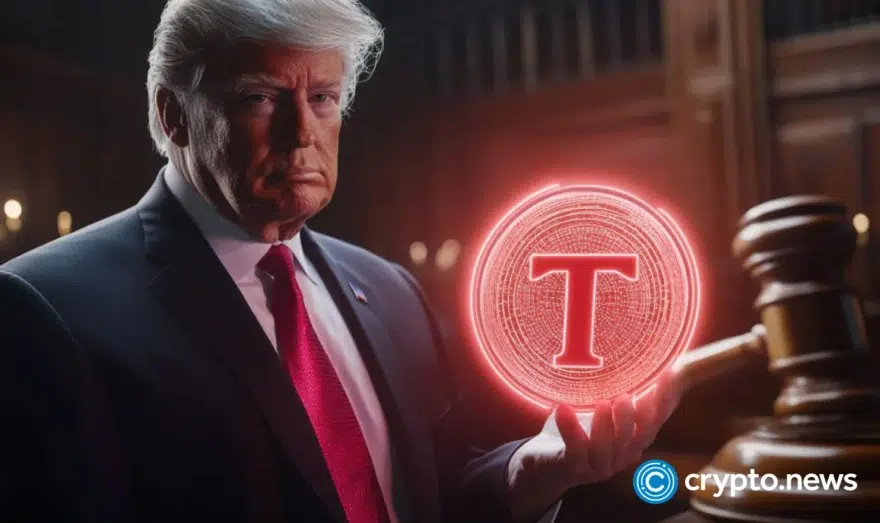Donald Trump’s Tariffs on China may be Boosting Bitcoin’s Value

U.S. President Donald Trump announced on Thursday that almost all goods imported from China will be subject to an additional 10 percent tariff. This escalates further the trade war between Washington and Beijing, threating the global economic outlook. According to Micky, this caused a jolt in the stock markets and may be responsible for the recent rise of Bitcoin, August 2, 2019.
The Truth About Tariffs
According to an announcement made on Twitter by President Donald Trump, the United States will place an additional 10 percent tariffs on the remaining $300 billion dollars of goods and products coming from China, starting from Septemeber 1.
The excuse used by Trump would be to generate billions of dollars in revenues for the U.S. Treasury, claiming that it will be China to pay for U.S. tariffs on its goods.
Unfortunately, that’s not how tariffs work. Tariffs are not paid directly by the Chinese government or companies. In reality, they are paid by American companies which subsequently increase the prices of their products to cover these costs. In a nutshell, those who really pay this rate increase are consumers.
This has a number of implications for the U.S. domestic economy as it could dent jobs and raise costs for American families. Higher prices could reduce consumer spending which supports the U.S. economy, and as a further consequence, businesses might hold back capital spending resulting in slow economic growth.
Financial Instability and Bitcoin
Being an asset completely uncorrelated with the financial market (it has even been classified as a “safe haven” asset by a major Chinese media agency), Bitcoin could actually benefit from an increase in tensions between China and the United States.
In fact, in the hours following Trump’s tweet, the price of a bitcoin went from $10,000 to $10,600, an increase of around 6 percent.

[Image Source: Trading View]
Bitcoin as an Alternative
One of the first moves by governments or central banks to make their products more visible on the international market is to devalue their currency in order to make their goods cheaper. As a matter of fact, China’s Renminbi slid to its weakest level of the year, nearing the symbolic level of 7 yuan per dollar, after President Trump threatened to impose more tariffs on Chinese imports. But this is not just about China.Bitcoin is slowly attracting worldwide attention as concerns about the global economy are increasing. Investors around the world are looking for alternative investments to hedge their portfolios as the dollar weakens, equities are becoming very risky and there are even some junk bonds in Europe that have negative yields.














